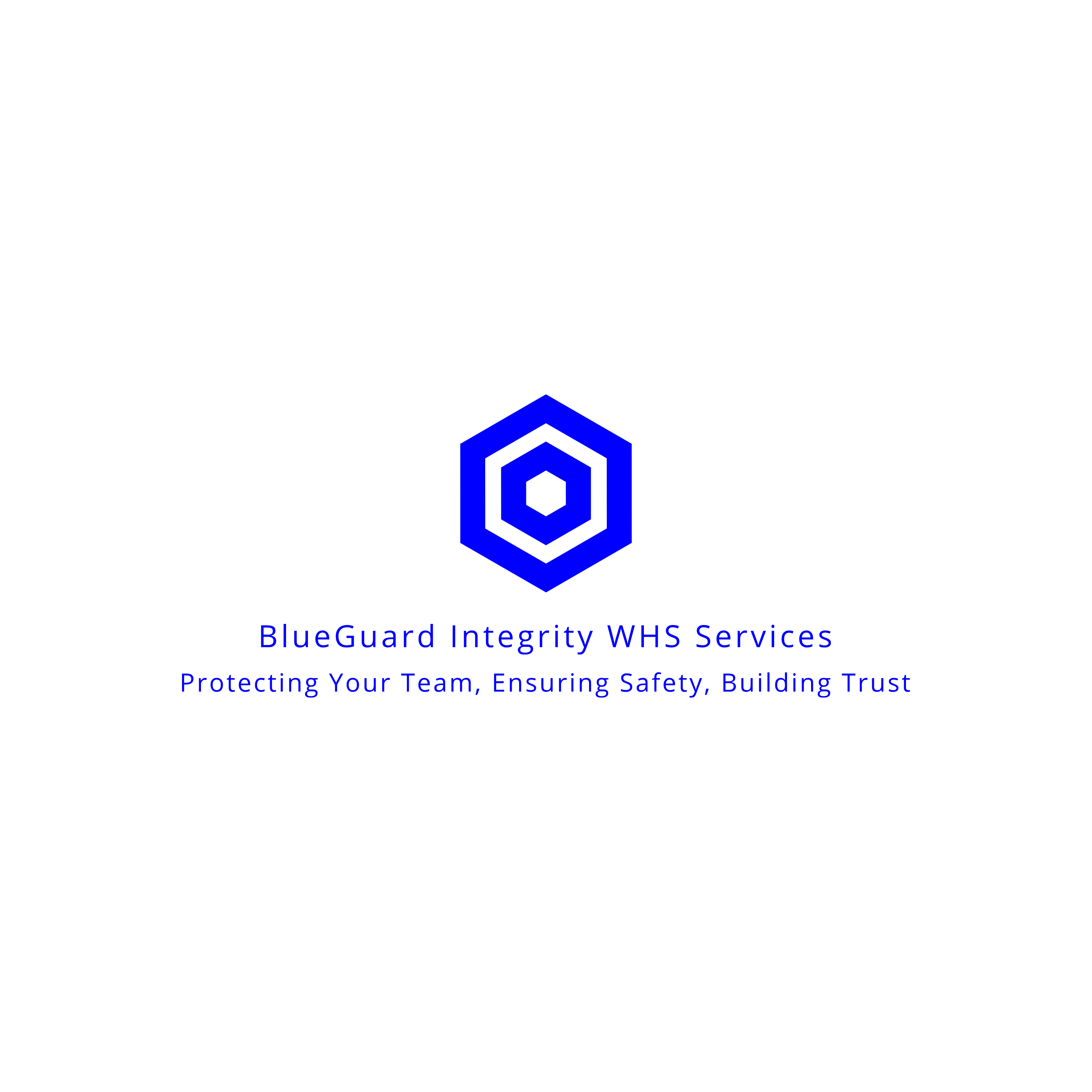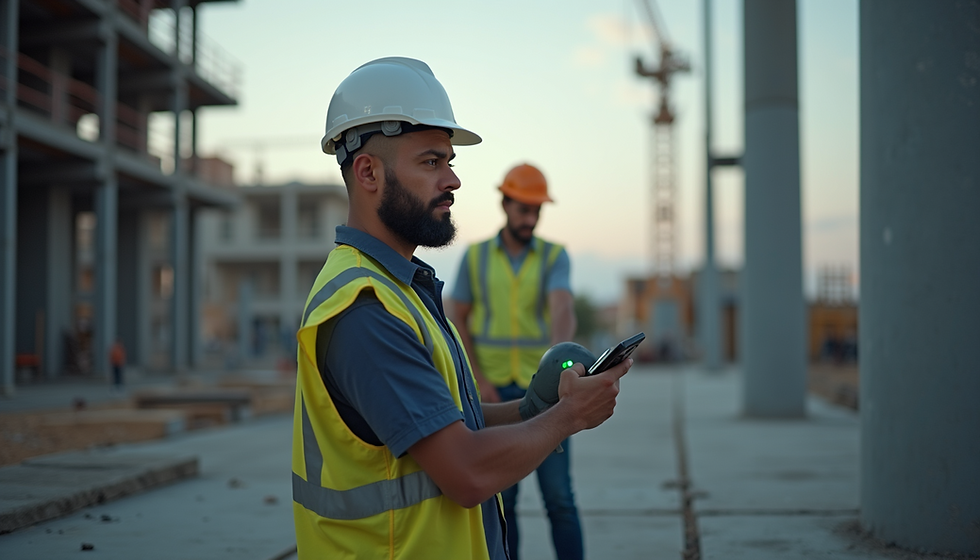Creating Safer Workplaces Through Education and AOD Testing
- Rob Hubbard

- May 8, 2025
- 2 min read
Updated: Jun 5, 2025
Understanding "Fit for Work"
Being fit for work means an employee is in a physical, mental, and emotional condition that allows them to safely perform their duties. This ensures they do not put themselves or others at risk. It encompasses being free from the influence of alcohol or drugs that may impair judgment, reaction time, coordination, or behavior.
The Importance of Education
Too often, AOD programs focus solely on testing and enforcement. Without education, these programs can foster fear, distrust, and confusion.
Education changes the conversation. It shifts the focus from punishment to prevention and support. This approach empowers workers to:
Understand their responsibilities under the Work Health and Safety Act 2020 (WA)
Recognize the signs of impairment—whether from alcohol, drugs, fatigue, or stress
Seek help early without fear of stigma or job loss
Engage actively with workplace safety programs

Clear Policies and Legal Responsibilities
The law is clear—both employers and workers share responsibility for health and safety under the WHS Act 2020. Employers must ensure worker safety "so far as is reasonably practicable." This includes addressing hazards related to AOD impairment.
AOD policies must be:
Clearly written and accessible
Consistent with the WHS Act and privacy principles
Supported by training and ongoing awareness
Focused on ‘fitness for work’, not lifestyle choices
Effective Training Programs
We have observed the best results when businesses go beyond an annual policy handout. Here’s what effective AOD education should include:
Toolbox talks that connect AOD awareness to real-life safety risks
Supervisor training on how to identify and respond to signs of impairment
Employee sessions that explain the rationale behind testing
Integration into inductions and refresher courses
Visual reminders (e.g., posters, signage near breathalyzers)

Local Testing Solutions That Build Trust
At BlueGuard, we utilize WA-made oral fluid testing technology (e.g., the Druglizer) that is fast, non-invasive, and Bluetooth-connected for instant reporting. This technology supports trust because testing is conducted fairly, quickly, and discreetly, with results aligned to workplace policy and legal standards.
Building a Fit-for-Work Culture
Creating a safe workplace requires more than just testing for drugs and alcohol. It involves educating, supporting, and empowering workers. Building a fit-for-work culture means:
Making AOD policies visible and easy to comprehend
Providing regular, engaging education and training
Using best-practice, local testing technology
Fostering a workplace culture of trust and responsibility
Conclusion
In summary, the blend of education and proactive AOD policies creates a safer workplace for everyone. Engaging employees in their health and safety journey not only ensures compliance but also nurtures a culture of responsibility.
Need help reviewing your AOD policy or setting up workplace training? BlueGuard Integrity supports businesses across WA’s southwest and beyond with fast, professional services focused on safety, not judgment.
Let’s work together to keep your workplace safe—every shift, every time.




Comments